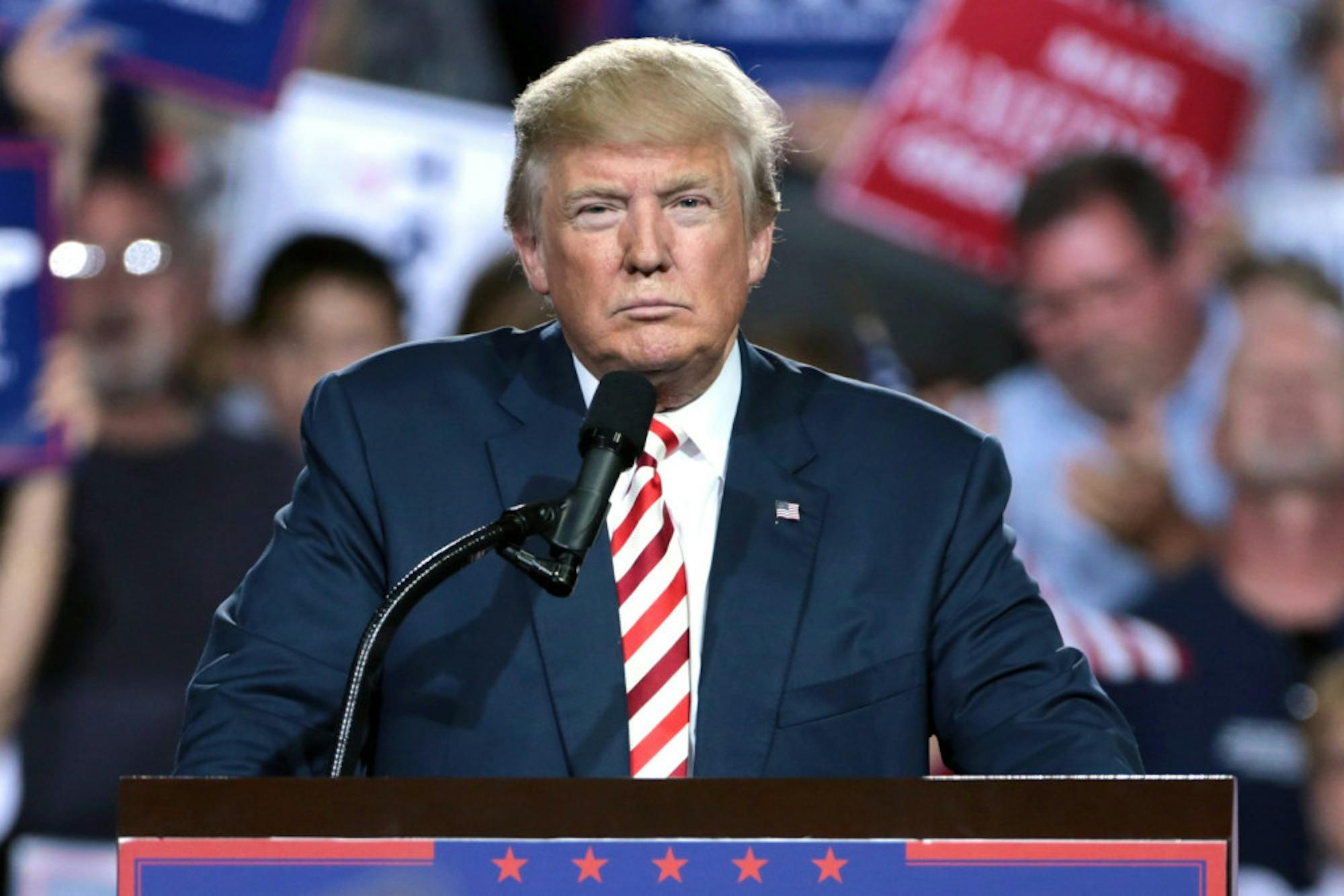It has certainly been a liberal fantasy to see Donald Trump arrested ever since the 2016 election cycle. This possibility now looms imminent after Trump posted on Truth Social claiming he would be arrested on March 21, and the Manhattan District attorney’s office confirmed on Thursday that Trump was formally indicted by a New York grand jury with charges concerning his infamous Stormy Daniels hush money payments. The charges are quite complex, and they are very likely related to a $130,000 payment made by Trump’s then personal attorney, Michael Cohen, to keep porn actor Stormy Daniels from discussing an alleged affair she had with Trump. However, the more than 30 counts that Trump is expected to be charged with are currently sealed from the public.
The charges appear difficult to argue, given that Trump has denied both that he ever had an affair with Daniels and that he knew Cohen made the payment. For these charges to hold up in court, prosecutors must prove that the business records falsified by Cohen were specifically done under the orders of Trump. Although the strength of the prosecution is uncertain, charges that depend on the credibility of claims made by Cohen may be hard to swing given that Cohen has already been convicted of lying to Congress. Although Trump is likewise a well-known liar, a he-said-she-said type of case does not make the most compelling trial.
Furthermore, to prove that Trump has committed anything beyond a misdemeanor in New York, prosecutors will have to prove that Trump falsified business records in order to conceal a felony, which in this case is likely to be an allegation of a campaign finance law violation. Trump was a public figure before he ran for president, so the line between a hush-money payment made for the purpose of benefiting his public reputation vs. his political campaign is quite blurry. Nevertheless, the argument that the payments were made very shortly before the election is also somewhat persuasive. This analysis simply demonstrates that there does not presently appear to be any ‘smoking gun’ evidence that liberals might have hoped for, unless Manhattan District Attorney Alvin Bragg has strong evidence yet to be revealed.
Given the shaky charges, prosecutors should be mindful of how the charges will be received. Of course, prosecutors should seek to charge anyone who breaks the law, regardless of their status within society. However, it is very difficult to separate political appearances from the case; Bragg is himself a registered Democrat, and going after a former president who was exceptionally disliked by Democrats is sure to win him glory and approval from many within his party.
Regardless of the truth, Trump is a master of branding and framing, and this case gives him the opportunity to rally support for himself by doing so. Consider the 2016 presidential election, where Trump framed himself as an outsider fighting ‘corrupt political insiders’ such as Clinton. By positioning himself as someone who fights the ‘deep state,’ Trump can effectively fight charges against him by convincing others that he is simply being attacked for politically motivated reasons. He has already begun doing this, attacking both Bragg and the judge in the case for acting on what he claims to be political vendettas. By portraying himself as being persecuted for political reasons, he has started to unite the Republican Party behind him. Despite running against Trump in the 2024 republican primary, Vivek Ramaswmamy and Nikki Haley have both defended Trump in the lawsuit and dismissed the claims as being motivated by revenge. So too has House Majority Leader Kevin McCarthy, who called the Bragg’s prosecution of Trump “an unprecedented abuse of power.”
Democrats should not underestimate Trump by believing that his indictment spells the end of his 2024 campaign. If Trump is able to harness Republican anger effectively, as he has done quite adeptly in the past, these newest charges might only succeed in helping him unify support among Republicans. Prosecutors would be wise to remember the advice of Ralph Waldo Emerson: “When you strike at a king, you must kill him.”






